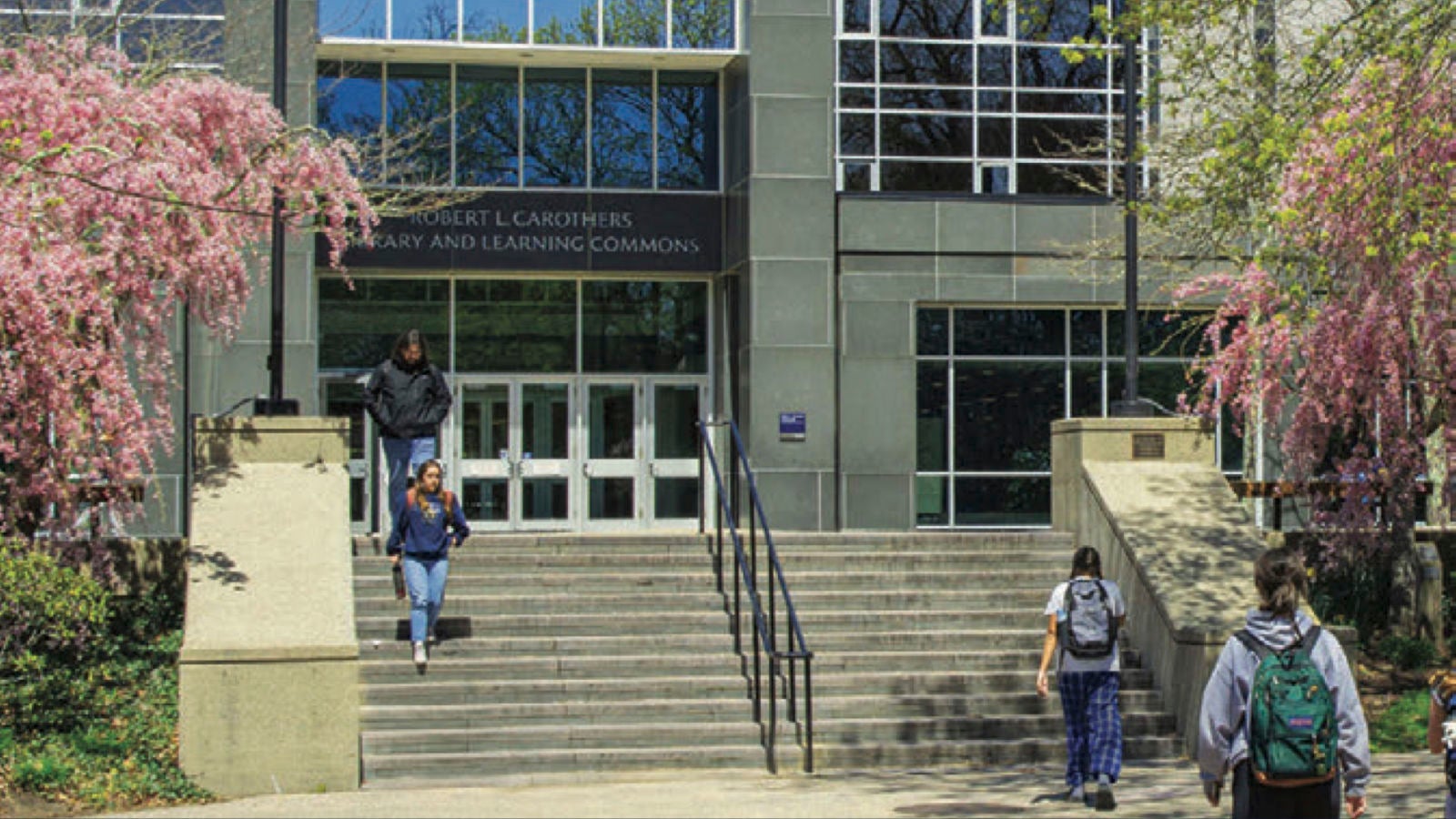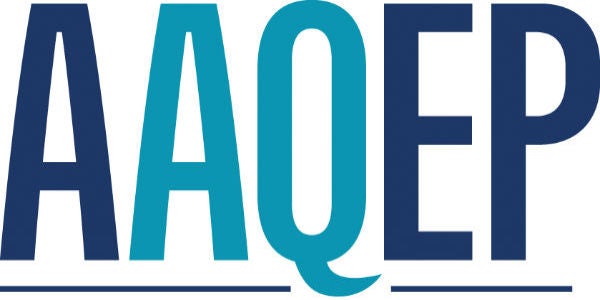College of Education Ethos
In the spirit of partnership, we strive to create a community where collegiality and collaboration thrive. We believe in being supportive and respectful, engaging in meaningful conversations that uplift and empower. We value the acquisition and sharing of knowledge through equitable educational practices that cultivate advocacy, justice, and joy.
Facts and Figures
- 91% of our recent teacher graduates achieved either effective or highly effective within their first 3 years of teaching, very similar to the entire teacher population of Rhode Island (95%).
- Over 90% of the candidates rated their final practicum experience as good or excellent.
- 97% of program completers rated their clinical educator as effective or highly effective.
- Over 90% of the candidates feel well prepared to continue their own professional development in the future and adapt their professional practice as needed.
- Over 90% of candidates who completed an initial licensure program from 2023 felt either well prepared or exceptionally prepared to implement the Rhode Island Professional Teacher Standards in their own classroom
- 92% of candidates feel prepared to adapt their professional practice as needed for future learners.
- The average SAT scores for incoming candidates has been higher than the University average over the past 5 years
- Candidates spend a minimum of 670 hours in clinical experiences under the guidance of an experienced educator in order to gain knowledge, skills, and dispositions expected of teaching professionals.
- Over the last 3 years, 45 program completers have been hired in urban districts, such as Providence and Pawtucket.
Degrees Offered
The College of Education offers a range of bachelor’s, master’s, doctoral, and teacher certification programs.
See all academic programsCertification
Our programs of study are RIDE certified and recognized through an interstate agreement/reciprocity-like structure through the National Association of State Directors of Teacher Education and Certification (NASDTEC). However, RIDE and other state departments of education may include additional requirements, such as passing scores on certification tests, as a part of their licensing process.
In addition, as a state-approved educator preparation provider, URI’s teacher education programs are all approved to prepare teachers to teach reading with scientific reading instruction and structured literacy instruction aligned with but not limited to, the content measured by the stand-alone reading assessment adopted by the Rhode Island Board of Education in accordance with the Rhode Island Right to Read Act.


